China, Japan and South Korea should cooperate to strengthen ties, they say
Facing challenges caused by protectionism and geo-economic fragmentation, joint efforts should be made to boost regional economic integration among China, Japan and South Korea in the next stage, experts from home and abroad said on Sunday.
Speaking at a plenary session at a Regional Comprehensive Economic Partnership-themed forum in Haikou, Hainan province, they said China, Japan and South Korea — the world's three major manufacturing powerhouses — should tackle common concerns through economic exchange mechanisms and promote talks on their trilateral free trade agreement.
As the United States' strategic competition policy toward China is undergoing a shift, its impact on supportive policies concerning high-end technology has been significant, said Zhang Yunling, a member of the academic committee of the Chinese Academy of Social Sciences and chair professor of Shandong University.
"This impact has particularly affected the highly interdependent semiconductor supply chain that China, Japan and South Korea share, consequently exerting an influence on trade and investment among these nations," he said, adding that fostering stronger business connections between local governments and businesses will lay a robust foundation for future cooperation at the national level.
Masakazu Toyoda, chairman and CEO of the Japan Economic Foundation in Tokyo, said the three countries need to create more favorable rules for their economic relationships, particularly in the digital and service sectors.
"It is imperative to exert enhanced efforts in coordinating the formulation of rules that effectively facilitate trade and investment. The primary objective should be to collaboratively establish regulations and ensure their compatibility, ultimately fostering a more convenient and cost-effective economic relationship," said Zhao Zhongxiu, president of the University of International Business and Economics in Beijing.
According to Zhao, the most effective approach to navigate the intricate dynamics between the three neighbors is to focus on shared interests while respecting individual differences.
To create more favorable conditions, he stressed that it is crucial for the three countries to implement the negative list management model for their companies in the area of trade in services in the next phase, and improve the recognition level of professional qualifications of the three countries.
As additional efforts and time are still needed to finalize the China-Japan-South Korea free trade agreement, the implementation of the RCEP has indirectly provided a framework for a free trade agreement among the three countries, said Xia Deren, deputy director of the Economic Committee of the 13th National Committee of the Chinese People's Political Consultative Conference and former chairman of the CPPCC Liaoning Provincial Committee.
"We should fully utilize this opportunity, focus on strengthening cooperation among the three countries and create more growth points for China's northeastern region," Xia said.
Supported by a huge consumer market, continuous efforts toward industrial upgrading and further opening-up of its economy, China saw foreign direct investment from Japan soar 68.1 percent year-on-year in the first four months of this year, while FDI from South Korea has surged 30.7 percent on a yearly basis, data from the Ministry of Commerce showed.
With the RCEP set to take effect in the Philippines — the last member of the bloc to ratify the agreement — on June 2, Ou Boqian, secretary-general of the Trilateral Cooperation Secretariat, called on all RCEP participating countries to set up a secretariat for the pact as soon as possible and speed up the formalization of this mega treaty to reduce the risks posed by geopolitical uncertainties.
Similar views were shared by Kim Do-hoon, former president of the Korea Institute for Industrial Economics and Trade.
"Many RCEP members as well as the entire world have experienced the rapid trend of digital transformation over the past several years," Kim said. "However, some members appear to have experienced a notable slowdown during this process."
He said that China, Japan and South Korea, which are relatively advanced in digital technologies, should offer more assistance to other signatory countries, especially some member economies of the Association of Southeast Asian Nations, to enhance their digital transformation.












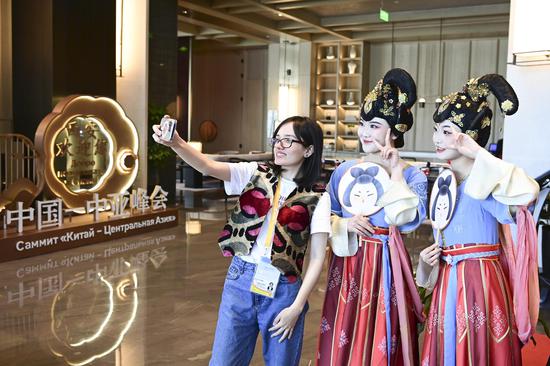
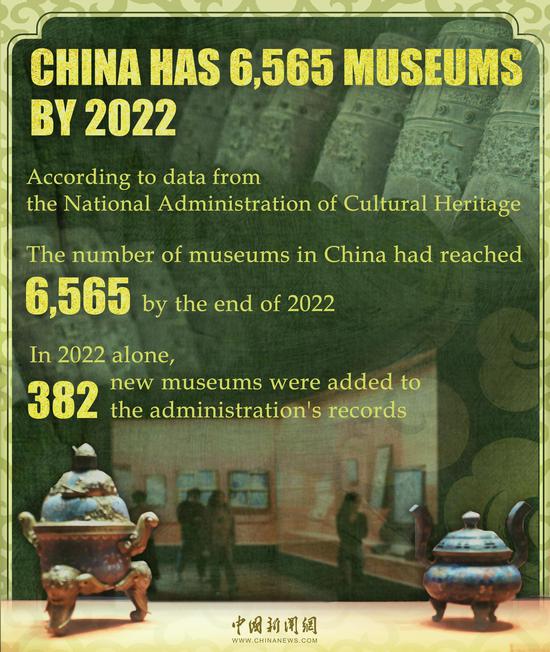


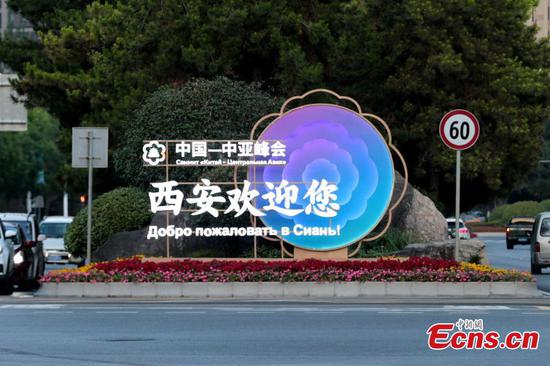




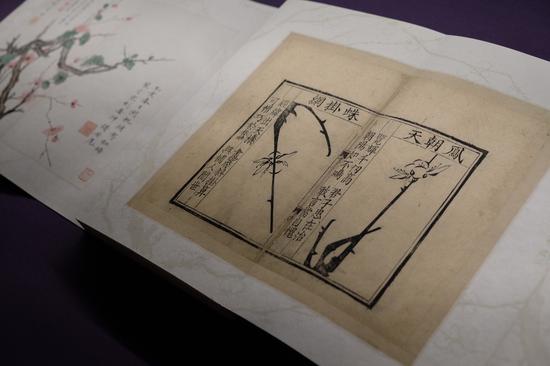
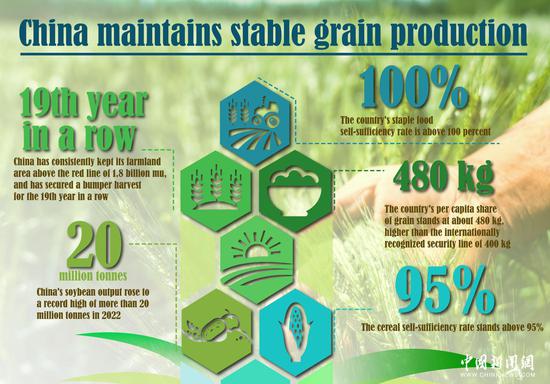
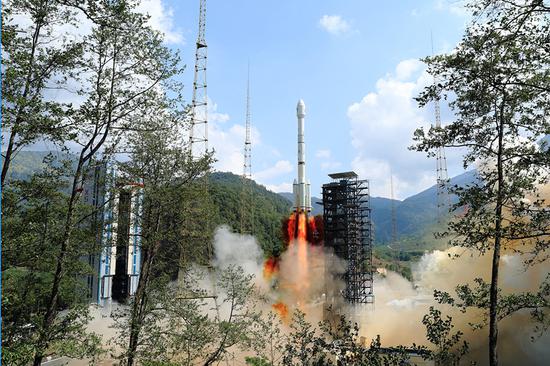


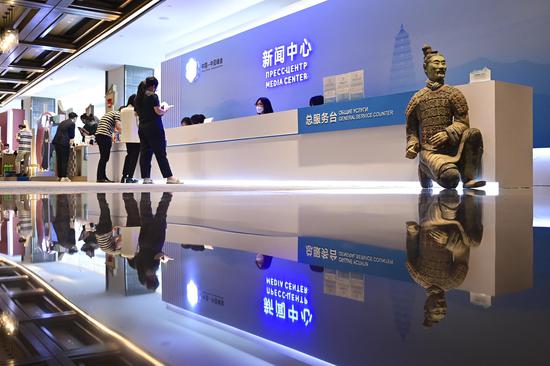







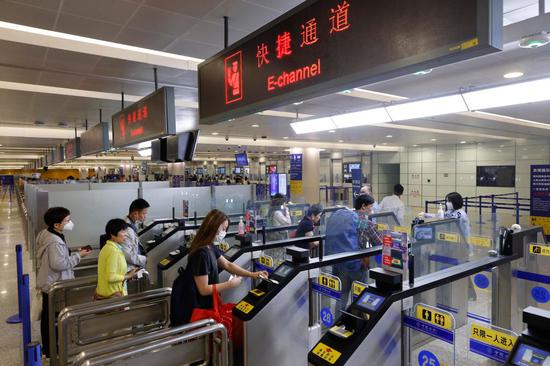


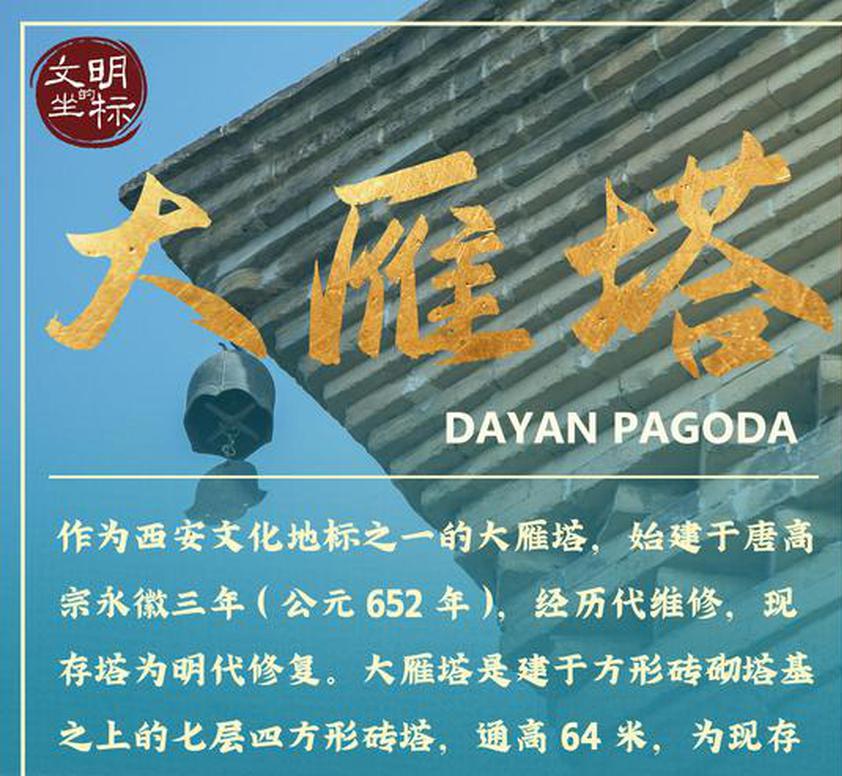
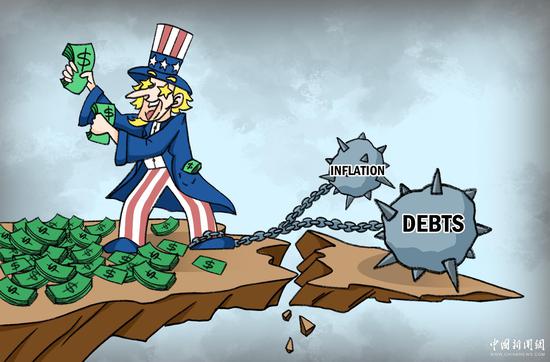




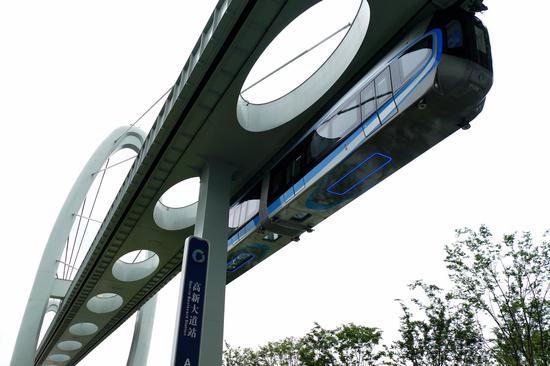






 京公网安备 11010202009201号
京公网安备 11010202009201号